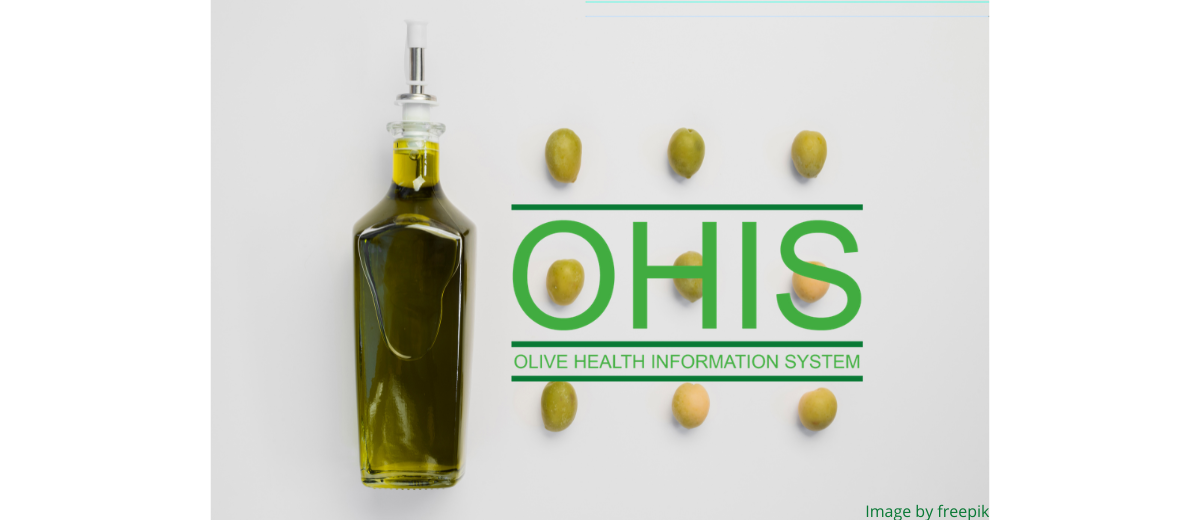This week on the Olive Health Information System website
The newsletter of the University of Navarra and the IOC dedicated to health
The first article we want to highlight this week delves into the Mediterranean diet, with olive oil at its heart. Far from being just a collection of healthy ingredients, the Mediterranean diet represents a living cultural and nutritional legacy. Olive oil has been a cornerstone of Mediterranean diets for millennia and is central to the “Mediterranean triad” of bread, wine, and oil. Recognized by UNESCO as an Intangible Cultural Heritage of Humanity, the Mediterranean diet emphasizes not only the food itself but also the way it is prepared, shared, and enjoyed. Research, such as the landmark PREDIMED trial, has shown that this diet reduces the risk of cardiovascular events by 30%. Beyond its health benefits, this diet plays a significant cultural role in religious practices and holiday traditions, fostering a sense of community and promoting mindful eating. Furthermore, by supporting sustainable farming and the use of local, minimally processed ingredients, the Mediterranean diet embodies a holistic approach that benefits both individuals and the environment.
The benefits of olive oil within the Mediterranean diet extend far beyond cardiovascular health. Polycystic ovary syndrome (PCOS), which affects up to 13% of women of reproductive age, is associated with a range of metabolic, reproductive, and psychological challenges. Research suggests that the Mediterranean diet can be an effective intervention for managing PCOS, with olive oil—particularly extra virgin olive oil (EVOO)—playing a pivotal role. Its high polyphenol content has been shown to reduce systemic inflammation markers, such as C-reactive protein and interleukin-6. Observational studies have linked adherence to this diet with improved insulin sensitivity—a key concern in PCOS— with improvements of up to 30%. Additionally, the diet helps support hormonal balance, reduce androgen levels, and enhance mental health, with some studies showing a 40% reduction in depressive symptoms. While further clinical trials are needed, the Mediterranean diet offers a promising and natural approach to managing the multifaceted challenges of PCOS.
Finally, the benefits of the Mediterranean diet extend to the next generation. Adherence to this diet during pregnancy has been shown to have significant positive effects on early childhood development, including a notable reduction in behavioral issues by age four. Rich in nutrients from olive oil, fruits, vegetables, and fish, this dietary pattern supports both maternal and fetal health. Olive oil, as the primary fat source, is rich in monounsaturated fats and polyphenols, which provide anti-inflammatory and antioxidant benefits. These properties may help foster a healthy prenatal environment, potentially lowering the risk of neurodevelopmental disorders. One study found that greater adherence to the Mediterranean diet during pregnancy was linked to a 25% reduced risk of emotional and behavioral problems in children.
In summary, from improving cardiovascular health to managing complex conditions like PCOS and supporting the development of future generations, the Mediterranean diet—anchored by the powerful benefits of olive oil—demonstrates how a simple yet rich tradition can transform health and well-being across all stages of life.
Other articles mentioned this week in the OHIS newsletter:
Beyond health
Mediterranean diet and spirituality/religion: eating with meaning
Socio-demographic determinants of dietary choices and their impact on health in Spanish adults
Women’s health and pregnancy
Adherence to the Mediterranean diet during pregnancy and behavioural problems at 4 years of age
Brain health and aging
Exploring the effect of different diet types on ageing and age-related diseases
Mediterranean diet and brain functional connectivity in a population without dementia
Cardiovascular disease and risk factors
Disease-specific applications
The relationship between periodontal status, physical activity, dietary practices, and dental caries
Basic research









